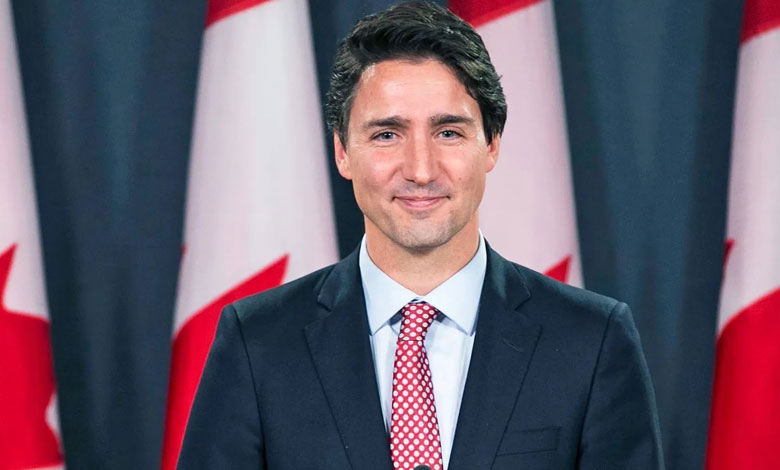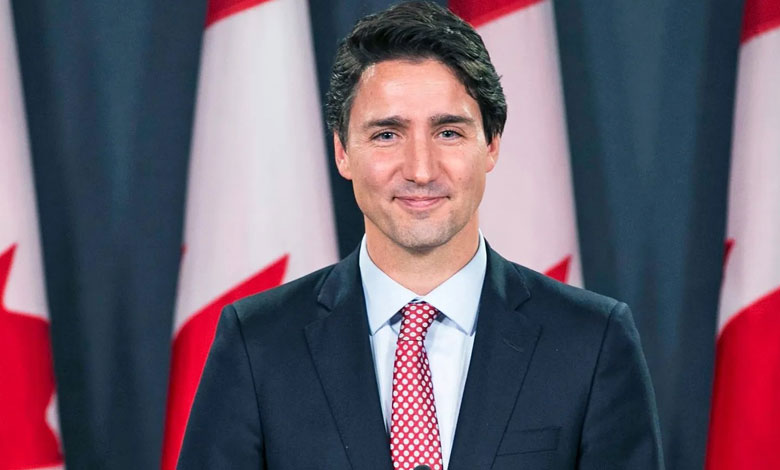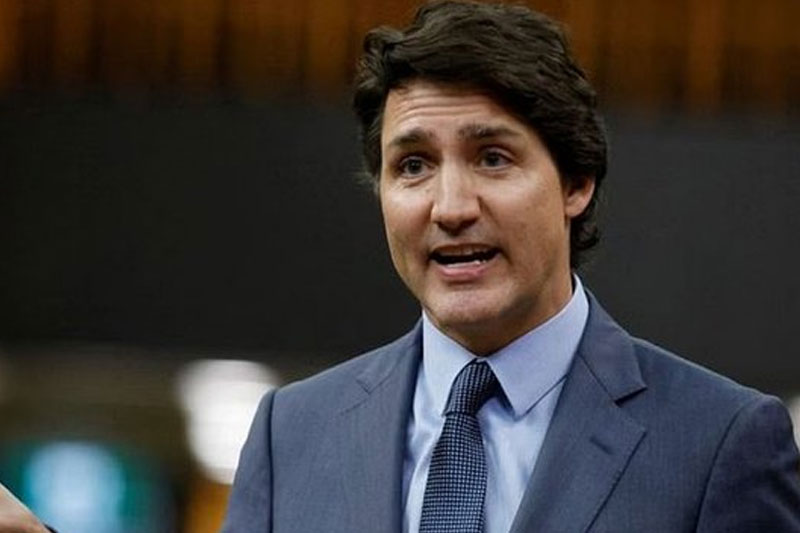Justin Trudeau Resigns as Prime Minister of Canada, Ending Nearly a Decade in Power
Justin Trudeau has announced his resignation as leader of Canada, marking the end of nearly a decade in power. Amid growing internal dissatisfaction and political challenges, Trudeau steps down, leading to a leadership race and suspension of Parliament.

On Monday, January 6, 2025, Justin Trudeau dramatically announced his resignation as the leader of Canada, bringing an end to his nearly ten-year tenure as Prime Minister. The decision came amid mounting dissatisfaction with his leadership and internal divisions within his party. In a press conference, Trudeau cited “internal battles” and acknowledged that he could no longer be the best option to lead the country in the next election.
Table of Contents
Trudeau’s resignation marks a pivotal moment in Canadian politics, as his departure signals the end of an era for the Liberal Party, which he has led since 2015. When Trudeau took office nearly a decade ago, he was widely hailed for his progressive policies and his promise to restore Canada’s liberal values. However, in recent years, his leadership has faced increasing scrutiny, with critics pointing to a series of political and economic challenges that have undermined his popularity.
Rising Unrest Within the Government
Trudeau’s resignation follows the sudden departure of his finance minister, a move that further highlighted the growing discontent within his administration. The resignation of key officials has been a strong indication of internal unrest and a fracturing party leadership.
An official familiar with the situation confirmed that Canada’s Parliament, originally scheduled to resume on January 27, will now be suspended until March 24. This extended break will provide the Liberal Party with sufficient time to organize a leadership race and choose a new party leader in the wake of Trudeau’s resignation. The official, who requested anonymity, noted that the political transition will be carefully managed to ensure the continuity of governance.

Political and Economic Challenges During Trudeau’s Leadership
Trudeau’s leadership was initially praised for returning Canada to its liberal roots, focusing on issues such as climate change, gender equality, and Indigenous rights. However, the Prime Minister’s popularity began to falter in recent years as political and economic issues took center stage.
One of the most significant challenges faced by Trudeau’s administration was the growing tension between Canada and the United States. In recent months, U.S. President-elect Donald Trump threatened to impose a 25 percent tariff on Canadian products unless Canada took action to curb the flow of migrants and drugs into the United States. Despite the fact that migration and drug flow between the two countries is relatively low compared to Mexico, this trade and diplomatic standoff has added to Trudeau’s political pressure.
Also Read: India-Canada Relations: Justin Trudeau to Resign Soon: How His Resignation Might Shape Two Countries
Trudeau’s Silence on Key Issues and the Impact on His Leadership
Trudeau’s prolonged silence in the face of growing political tensions was seen by many as a sign of weakness in his position. Political experts, including McGill University’s Daniel Béland, commented on how Trudeau’s failure to address these issues head-on contributed to the growing discontent within his government.
As the resignation of Trudeau reverberates through the Canadian political landscape, many are left questioning the future direction of the Liberal Party. The extended Parliament recess will provide an opportunity for the party to reflect on its next steps and select a new leader, but it also leaves a leadership vacuum at a crucial moment in the country’s political landscape.
Next Steps for the Liberal Party
With Trudeau stepping down as Prime Minister, the Liberal Party faces the challenge of regrouping and choosing a new leader to guide the country. The leadership race is expected to be closely watched, as Canadians and political analysts alike consider who will emerge as the next leader of the Liberal Party.
The move comes at a time when Canada’s political future is uncertain, and the Liberal Party will be tasked with reasserting itself and its policies in a rapidly changing global environment.
This is a developing story, and more information will be shared as it becomes available. Trudeau’s resignation marks a pivotal moment in Canadian politics, and the country will be looking toward the future of its government and leadership under a new direction.

